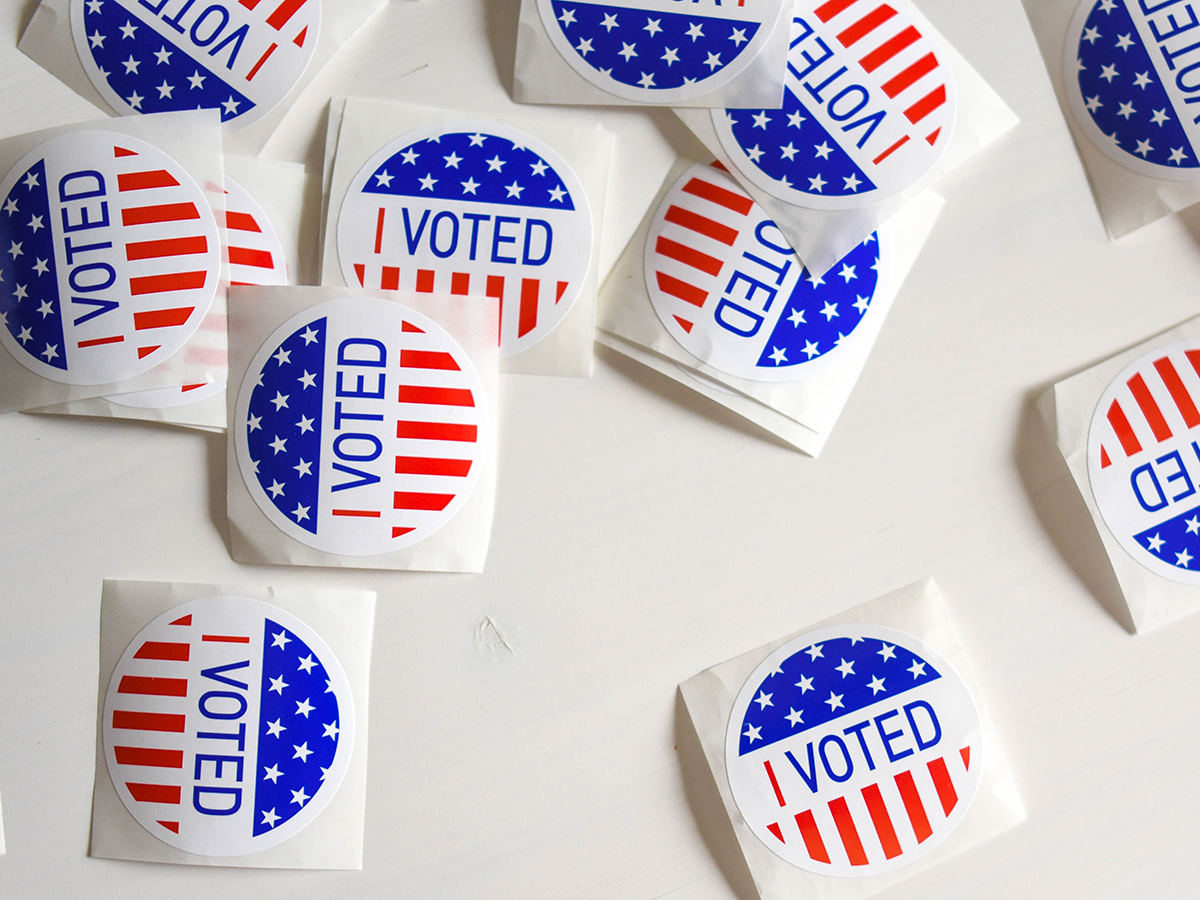
Politics have become all the more polarized as a result of the pandemic. Although Joe Biden’s campaign promised changes in government and a reversal of many Trump-era policies, we have seen a purge of our freedoms. Legislation has been introduced, aimed at suppressing voting rights through measures that are not only discriminatory but ridiculous and inhumane. And although the subject of voting rights has been historically up for debate in this country, polarizing politics has given way to a recent increase in blatant suppression tactics.
The 2020 presidential election had completely transformed the realm of politics and saw many breakthroughs, including the highest voter turnout in modern history. Unfortunately, the Trump administration has claimed that the election results were falsified and manipulated. The fallout of such actions culminated in the failed insurrection that occurred in January with the storming of Capitol Hill by Trump supporters who believed in Trump’s baseless lies. But in the wake of these events, a nationwide debate emerged over voting rights and future elections. Trump’s allegations and backlash of the record turnout have caused lawmakers to introduce numerous bills to curb voting.
Many prominent Republicans have shown their support for Trump’s agenda through both legislative and non-legislative actions, and although the GOP has famously supported voter suppression, Trump’s aim to delegitimize the election has reenergized their desires. Indeed, prominent Republicans have even admitted to wanting fewer voters. “I don’t want everybody to vote,” the influential conservative activist Paul Weyrich told a gathering of evangelical leaders in 1980.
Voting rights issues have appeared throughout the nation’s history as part of the natural progression of politics, though this progression has increased over the last century and in particular the last decade.
Georgia has recently been hit with one of the most restrictive voting rights bills seen in the last decade. This is a direct result of the states’ blue shift in the 2020 presidential election, and Georgia’s two runoff elections for the Senate that favored Democrats.
Citizens have been outraged by a variety of measures including voter ID provisions and changes to mail-in voting that affect marginalized communities and make casting a ballot more difficult for some minorities and poorer voters. And though the bill expands early voting, it reduces the time frame for requesting and returning mail-in ballots, counting votes and conducting runoff elections, increasing the likelihood of mishaps occurring in all three processes. However, the most egregious provision comes with the ban on giving voters food or water while they’re in line at the polls. The primaries in June and the general election in November saw polling sites plagued with long lines and wait times, with voters having to stand for hours on end in the scorching heat or the freezing cold. The implementation of this restriction is a sinister maneuver to curb voters and restrict them from basic needs. Consequently, the bill’s provisions make absentee voting harder and in-person voting more painful, leaving nobody better off except the very politicians who wrote the bill itself.
Much worse, Texas has now joined Georgia with its own voting rights bill. The Texas house of representatives voted 78-64 to approve Senate Bill 7, which grants Republicans the opportunity to rework Texas’ voting policy behind closed doors. The bill itself consists of numerous amendments including those which bar election officials from proactively mailing out absentee ballots, those which make it harder to remove poll watchers for unruly behavior, and a variety of amendments that impose penalties or increase existing ones.
Originally, the Texas bill also included a number of more troublesome measures including those which would have banned drive-through and 24-hour voting as well as implementing a decrease in polling locations. Though these provisions were pulled, they unfortunately can return to the bill through the Senate in a conference committee. And with a Republican stronghold on the state, Democratic members have no real opposition.
Serious consequences will result from voter suppression that affects more than the world of politics. Restricting democracy and suffrage paves the way for corruption and tyranny, which is something that citizens don’t deserve to go through. The last election saw the largest voter turnout in American history and it was clear that much of it stemmed from the anxiety and desperation of communities to vote out the most controversial president in history. But the future may lead to another term of Trump or someone far worse if we continue to restrict our fundamental democracy.







